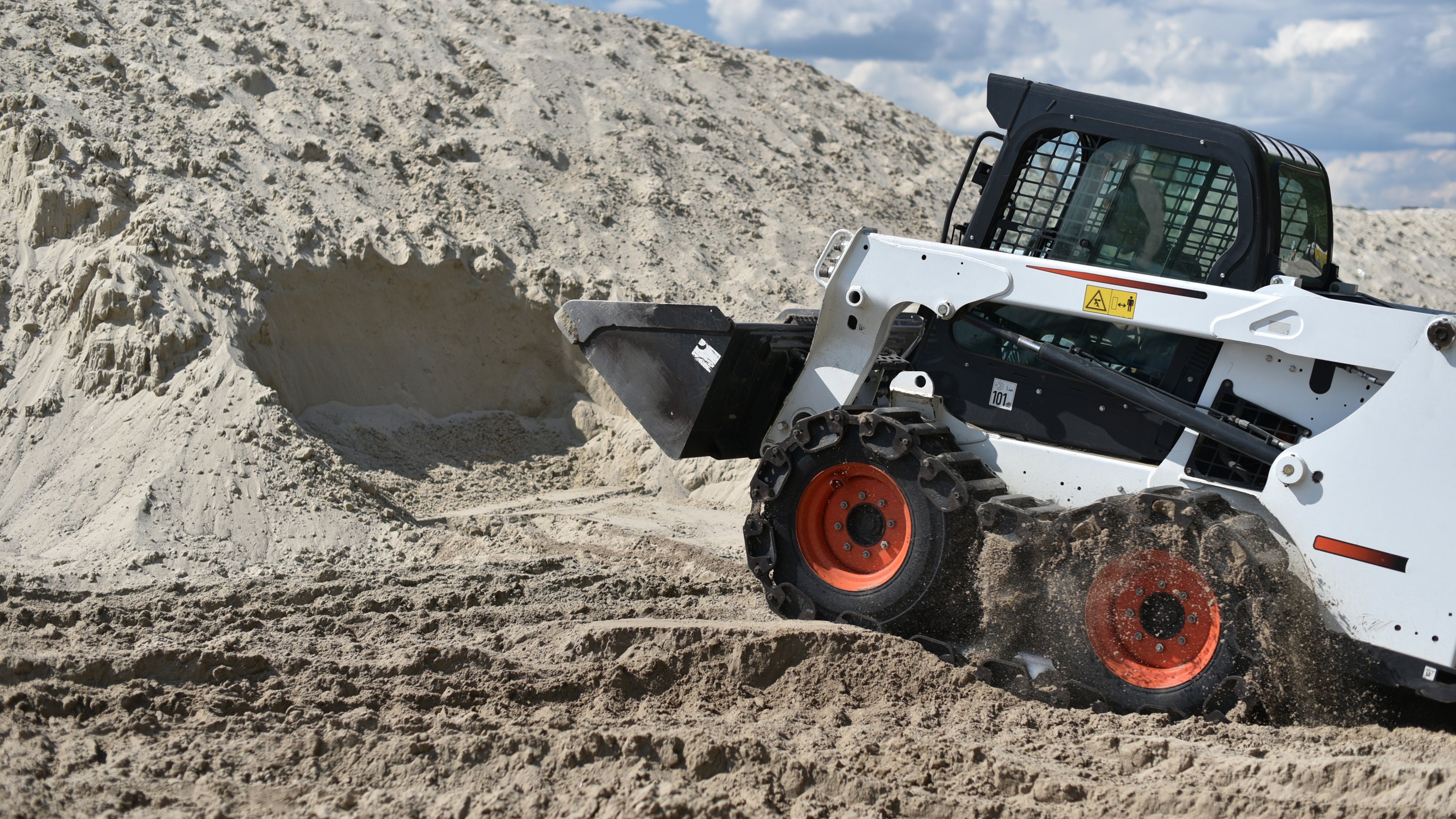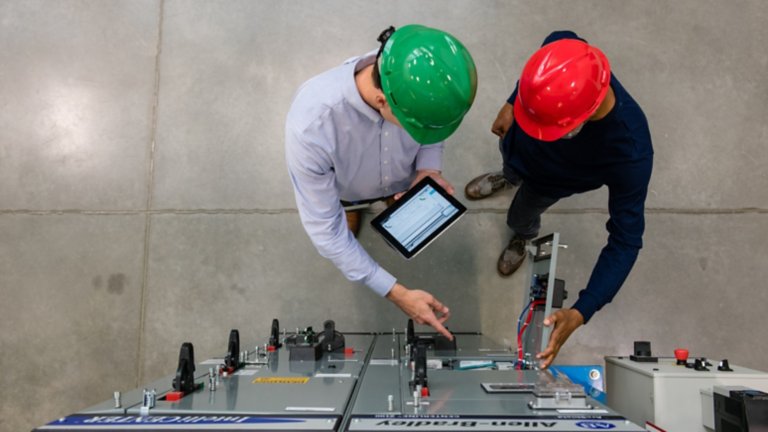Recommended For You
Not many companies can say they created an entire industry, but that’s what Bobcat Doosan did when it invented the skid-steer loader and spawned the compact equipment industry.
More than 60 years later, the company has continued to innovate not only in its equipment offerings, but also in the manufacturing operations that produce them. A prime example is the digital transformation journey the company recently embarked on at its manufacturing plant in Dobris, Czech Republic.
The plant, part of the company’s EMEA headquarters, produces more than 12,000 machines annually and employs more than 600 people. Through the initiative, the company wanted to increase production capacity and quality assurance at the plant, as well as eliminate or minimize non-value-added tasks.
And while technology would play a key role in the project, the company also knew that another element was essential – its employees.
Constructing better insights
Prior to the digital initiative, there was a lack of data visibility at the Dobris plant. Many data silos weren’t integrated. Operational data was manually collected and put into to excel files. And a lack of dashboards made it hard for plant employees to make data-driven actions.
This led to challenges like low OEE in the fabrication area, which impacted production capacity.
“When we started this, everything was paper-based, and all the data was in silos,” said Hiram Sosa, senior automation manager, Doosan Bobcat. “So, there was a lot of data availability on hand. One of our missions was to focus on what we call TDK – transfer data into knowledge.”
To improve its operations, Sosa and his team wanted to connect plant equipment and devices to eliminate data silos. They also wanted to deploy an Industrial IoT platform to collect and visualize data. This would help plant employees make better decisions, and help reduce the non-value-added time they spent gathering and managing data.
A people-powered IIoT deployment
A core leadership team with representatives from functions like production, quality, digital automation and supply chain led the implementation. A new digital council was also established to oversee this and all other digital projects, and to provide governance and standardization.
For its Industrial IoT platform, the team chose the FactoryTalk® InnovationSuite, powered by PTC. The solution connects to different plant technologies, and collects, contextualizes and orchestrates data.
Implementation wasn’t just a matter of installing the technology and handing it over to plant employees. Instead, the team wanted to make employees a key part of the process.
“One of the things that we did at the beginning was to put together what we call a techno-day,” Sosa said.
As part of this event, employees at all levels were able to see the dashboards and self-serve reporting system, and test new technologies like augmented reality. They were able not only to become familiar with the new technologies, but also ask questions and offer up new ideas to help guide the roadmap for future technology deployments.
When it came time to deploy the platform, the team targeted opportunities to optimize production capacity and quality.
“One of the things that we focus on is providing the best quality to our customers and also internally as well,” Sosa said. “So, we put in place some of the data captures for the equipment to increase quality assurance.”
Initial results
The Dobris plant has already seen the benefits of the digital transformation initiative. More data-driven decision making, and reduced manual data collection and processing, has helped increase productivity and quality assurance. And the fabrication area has been able to increase OEE by 10-15%.
“For us, this is like a continuous improvement journey,” Sosa said. “Once we started, we started looking into more areas. And one of the good things was the people engagement from different departments. They also wanted to benefit and jump on the bandwagon.”
Next, the team plans to upgrade to a new MES that will also be incorporated with the IoT system and a new PLM system. And outside the plant, Bobcat Doosan expects to roll out the initiative to six other manufacturing sites.
Published November 19, 2020




